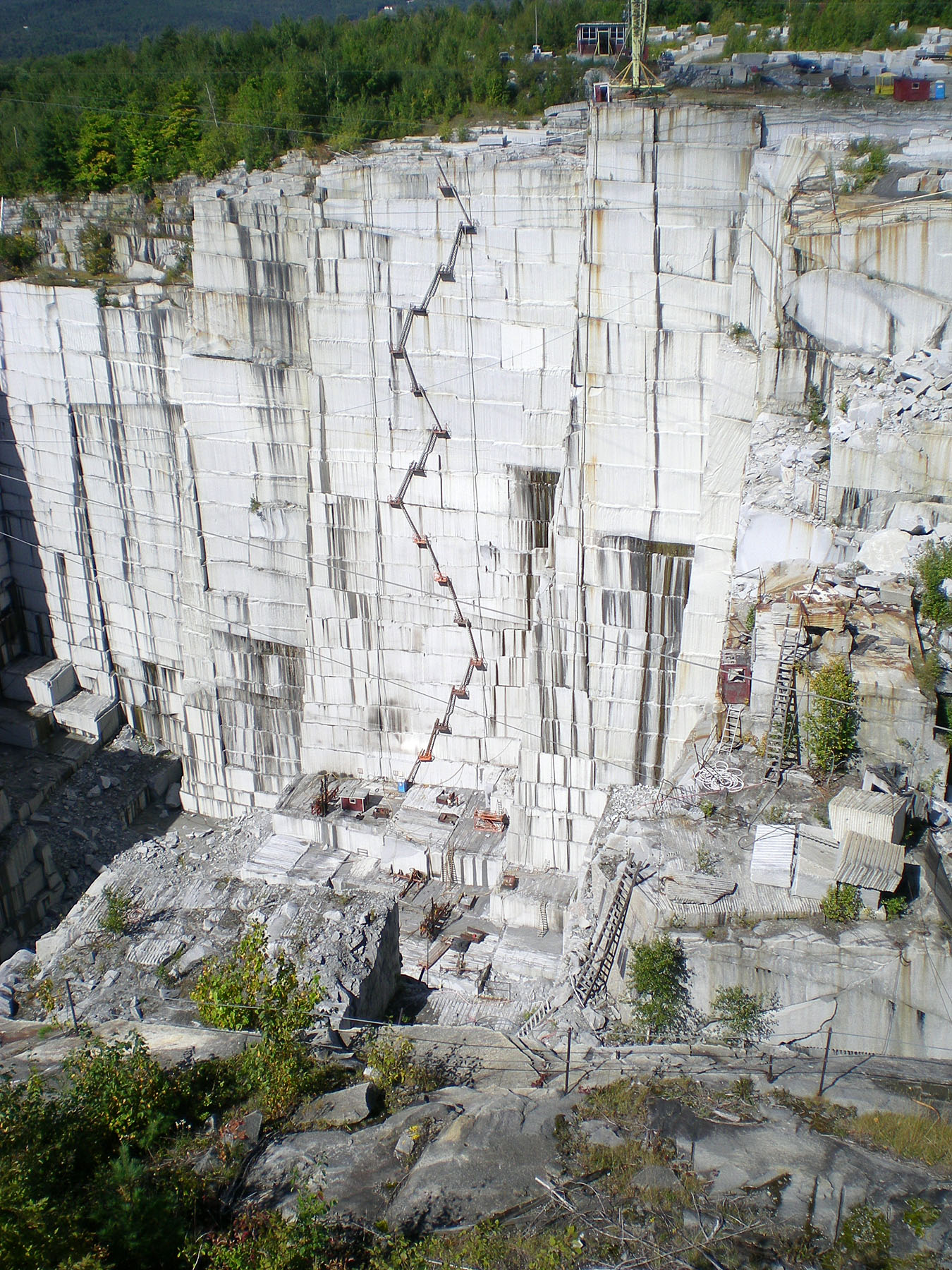Uncovering the Rich History and Lasting Practices of Granite Quarrying
As we depend on the precipice of revealing the detailed tapestry of granite quarrying, a trip with time exposes not simply the physical act of removing stone but likewise the social and historic value woven into the really textile of this method. From the ancient beginnings that laid the structure for modern-day quarrying methods to the lasting techniques that are shaping the future of this market, each sculpt mark on granite surface areas narrates waiting to be unearthed (granite quarries in south africa). The legacy of granite quarrying extends much past simple removal; it is a testimony to human resourcefulness, resilience, and the long-lasting allure of this impressive stone
Old Origins of Granite Quarrying
Dating back to old human beings, the technique of quarrying granite has been an important component of human history and architectural innovation. The earliest evidence of granite quarrying dates back to old Egypt, where massive pyramids and detailed sculptures were crafted from this sturdy stone. The Egyptians utilized primitive tools to extract granite blocks from quarries, showcasing the significance of this material in their huge building and constructions.
Progressing in background, the Greeks additionally made substantial payments to the quarrying of granite. The Greeks made use of granite in different architectural marvels, such as temples and statues, showing their ability in shaping and carving this sturdy rock. The Romans additionally refined the methods of quarrying granite, utilizing innovative devices like chisels and hammers to extract and form granite for their iconic frameworks.
Via the centuries, the method of quarrying granite has actually developed, with modern technologies boosting efficiency while maintaining the classic appeal of this natural rock - granite quarries in south africa. From ancient human beings to modern building contractors, the legacy of granite quarrying remains to shape our globe
Advancement of Quarrying Strategies
The advancement of quarrying strategies has actually been noted by a continuous development towards better effectiveness and precision in drawing out granite. From the primary approaches employed by our ancestors to the innovative innovations utilized in modern quarrying operations, the industry has actually undertaken substantial developments. Early quarrying techniques included manual work with standard devices such as blades, hammers, and wedges to remove granite blocks from the planet. As worlds advanced, techniques like fire-setting and primitive explosives were introduced to help with the removal procedure.
In even more current times, the arrival of equipment revolutionized the quarrying market, making it possible for quicker extraction rates and increased efficiency. Technologies such as ruby cord saws, high-pressure water jets, and pneumatically-driven drills have actually come to be typical in modern quarries, allowing for precise cutting and reduced waste. Innovations in computer-controlled equipment and 3D modeling have optimized quarrying procedures, leading to minimal environmental impact and boosted sustainability techniques. As the need for granite remains to climb, the development of quarrying methods remains integral to conference industry requires effectively and sustainably.
Social Importance of Granite
Granite holds a profound social value throughout various worlds because of its long-lasting presence in architectural masterpieces and prized monuments. From the stunning pyramids of Egypt to the detailed makings of the Angkor Wat temple in Cambodia, granite has been a material of choice for revealing splendour and longevity in cultural heritage. In old Rome, granite columns decorated temples and public structures, symbolizing stamina and permanence. The social significance of granite expands beyond its physical qualities; it embodies strength, stability, and timelessness, making it an icon of sustaining heritages and customs.

Lasting Practices in Quarrying
Among the abundant history of granite quarrying and its cultural significance exists an expanding emphasis on lasting practices within the market. As environmental understanding and worries concerning resource deficiency have actually heightened globally, the quarrying field has actually increasingly embraced lasting techniques to reduce its influence on the atmosphere and bordering communities.

In addition, reclamation and rehab of quarry sites post-extraction are essential to sustainable methods. By bring back quarried locations to a natural or helpful state, such as producing wild animals habitats or recreational areas, quarriers can counter the ecological impact of their operations and contribute positively to the neighborhood environment.
Tradition of Granite Quarrying
With a historical background steeped in workmanship and commercial progression, what withstanding influence has granite quarrying left on the landscape of modern society? The heritage of granite quarrying goes beyond mere extraction methods; it has formed building wonders, metropolitan landscapes, and social heritage worldwide. The resilient nature of granite has made it a favored option for monuments, buildings, and infrastructure, standing as a testament to the skill and these details artistry of quarry workers throughout generations.
Moreover, the financial impact of granite quarrying can not be ignored. The industry proceeds to supply employment possibility and drive local economic situations in areas where granite extraction is prevalent. It has also stimulated technological advancements in quarrying strategies and equipment, bring about much more reliable and sustainable techniques.
In terms of sustainability, the tradition of granite quarrying consists of initiatives to reduce ecological influences with reclamation projects and accountable source monitoring. By balancing economic passions with environmental stewardship, the market strives to make sure that future generations can remain to take advantage of this enduring natural deposit.
Final Thought
